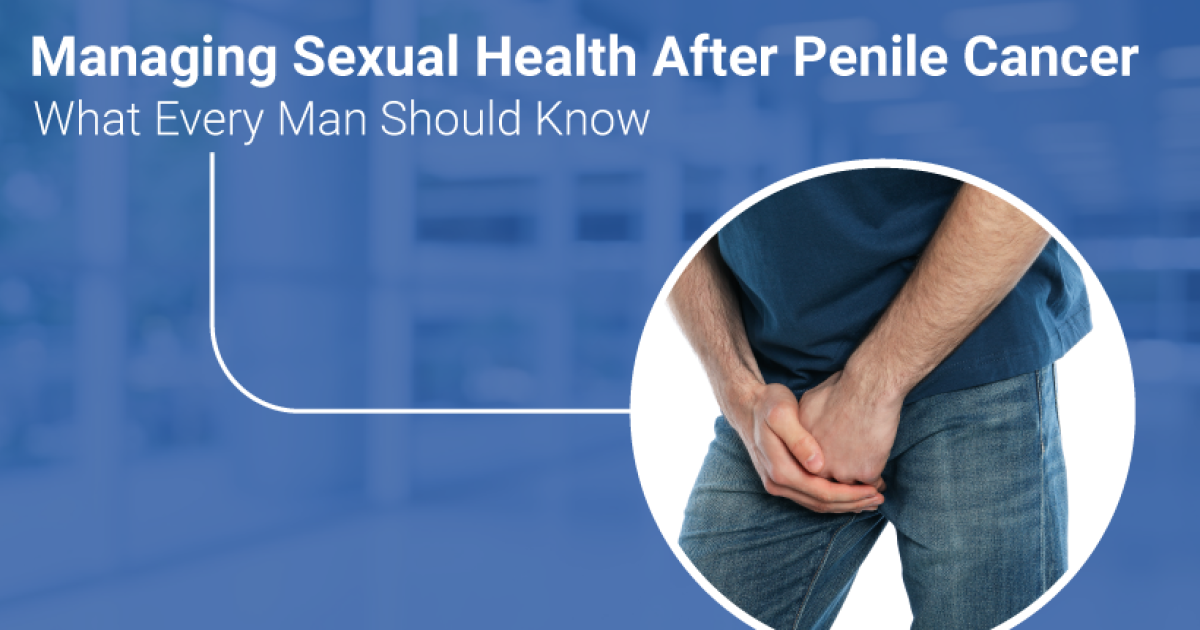Penile cancer is a rare condition that can significantly impact a man’s physical, emotional, and sexual well-being. Early diagnosis and proper treatment play a crucial role in improving recovery, maintaining sexual function, and enhancing overall quality of life. Many men feel anxious about how penile cancer and its treatment may affect their intimate relationships. Gaining a clear understanding of the condition and learning how to manage changes can help restore confidence and control. Consulting an experienced Urologist in Dhanbad, like Dr. Saket Narnoli, ensures expert guidance, compassionate care, and a treatment plan tailored to each patient’s needs.
What is Penile Cancer and How Does It Affect Sexual Health?
Penile cancer begins in the skin or tissues of the penis. Most cases start in the cells on the surface of the skin, known as squamous cells. Although it is not common, early detection is crucial because cancer can spread if ignored.
What are the symptoms of penile cancer?
Common signs include:
- A growth, sore, or lump on the penis
- Persistent redness or irritation
- A foul-smelling discharge
- Thickening or changes in skin texture
- Pain or swelling
Penile Cancer Signs and Symptoms often develop gradually, and some men may delay seeking medical advice due to embarrassment. Dr Saket Narnoli stresses that early evaluation of these symptoms can prevent serious complications and promote better sexual health outcomes.
How does penile cancer impact sexual health?
Penile cancer can affect sexual health in several ways:
- Physical discomfort or pain during sexual activity
- Anxiety or fear about sexual performance
- Changes in the appearance of the penis
- Loss of sensitivity
- Reduced self-confidence
Some men also worry about how their partner will respond. Honest communication and proper medical guidance can help couples handle these changes with understanding and patience.
How Do Treatments Affect Sexual Function and Intimacy?
Penile cancer treatment depends on the stage and severity of the disease. The goal is always to remove cancer while preserving as much sexual function as possible.
What types of treatment are used?
Common treatment options include:
- Topical medicines for very early cancer
- Laser therapy to remove abnormal tissue
- Surgery ranging from small local removal to more advanced procedures
- Radiation therapy
- Chemotherapy in advanced cases
The type of treatment chosen affects how sexual function might change. With modern techniques, doctors aim to protect nerves, tissues, and appearance whenever possible.
What sexual changes can occur after treatment?
Depending on the treatment, some men may experience:
- Difficulty getting or maintaining an erection
- Reduced sensation
- Changes in ejaculation
- Concerns about masculinity or body image
- Fear of resuming sexual activity
Not every man faces these changes, and many improvements occur over time. Working closely with a specialist like Dr. Saket Narnoli ensures that both physical and emotional aspects of recovery are addressed.
How Can You Cope and Manage Changes After Penile Cancer Treatment?
Recovering sexual confidence and function takes patience. With the right guidance, most men can return to a satisfying intimate life.
1) Focus on physical rehabilitation
Penile cancer rehabilitation may include:
- Gentle stretching exercises
- Pelvic floor exercises
- Use of vacuum erection devices (if recommended)
- Medications to support erections
- Gradual resumption of sexual activity
Rehabilitation helps improve blood flow, sensitivity, and confidence.
2) Communicate openly with your partner
Talking honestly about fears, expectations, and emotional concerns strengthens the relationship. Partners often want to understand how they can support recovery. Good communication prevents misunderstandings and increases intimacy.
3) Address emotional and psychological well-being
It is normal to feel worried, embarrassed, or uncertain. Psychological support can help you manage:
- Anxiety
- Depression
- Low self-esteem
- Fear of intimacy
Counselling, mindfulness, and support groups offer a safe space for healing.
4) Follow-up care is essential
Regular check-ups help monitor recovery and identify any signs of recurrence early. They also allow you to discuss sexual concerns or side effects that may arise. Continuous support from healthcare professionals is crucial for a strong, long-term recovery.
Where Can You Find Support After Penile Cancer?
Recovery is not just physical, emotional and mental support matters too. Many men benefit from accessible resources designed to help them and their partners.
- Support groups
Local groups or hospital-based groups allow men to share their experiences and learn from others who faced similar challenges.
- Online forums
These offer anonymous, round-the-clock support for men who prefer privacy. They also provide practical tips for managing physical and emotional changes.
- Healthcare professionals
Urologists, sexual health therapists, psychologists, and rehabilitation experts help address concerns at every stage. A specialist team ensures holistic recovery.
- Educational resources for partners
Partners often need guidance to understand the effects of penile cancer. Many resources explain how to support emotional and sexual healing, improve communication, and rebuild intimacy gradually.
Conclusion
Penile cancer affects more than just the body it affects confidence, relationships, and overall quality of life. But with early care, the right treatment, and emotional support, men can continue to lead fulfilling and intimate lives. Understanding how the disease and its treatment work helps reduce fear and encourages a proactive approach to recovery. With experts like Dr. Saket Narnoli, patients receive complete care that focuses not only on treatment but also on long-term sexual health and emotional well-being.
Being informed, seeking support, and staying connected with your healthcare team can help you navigate this challenging period with strength and clarity. You are not alone, help is available, and recovery is possible.






